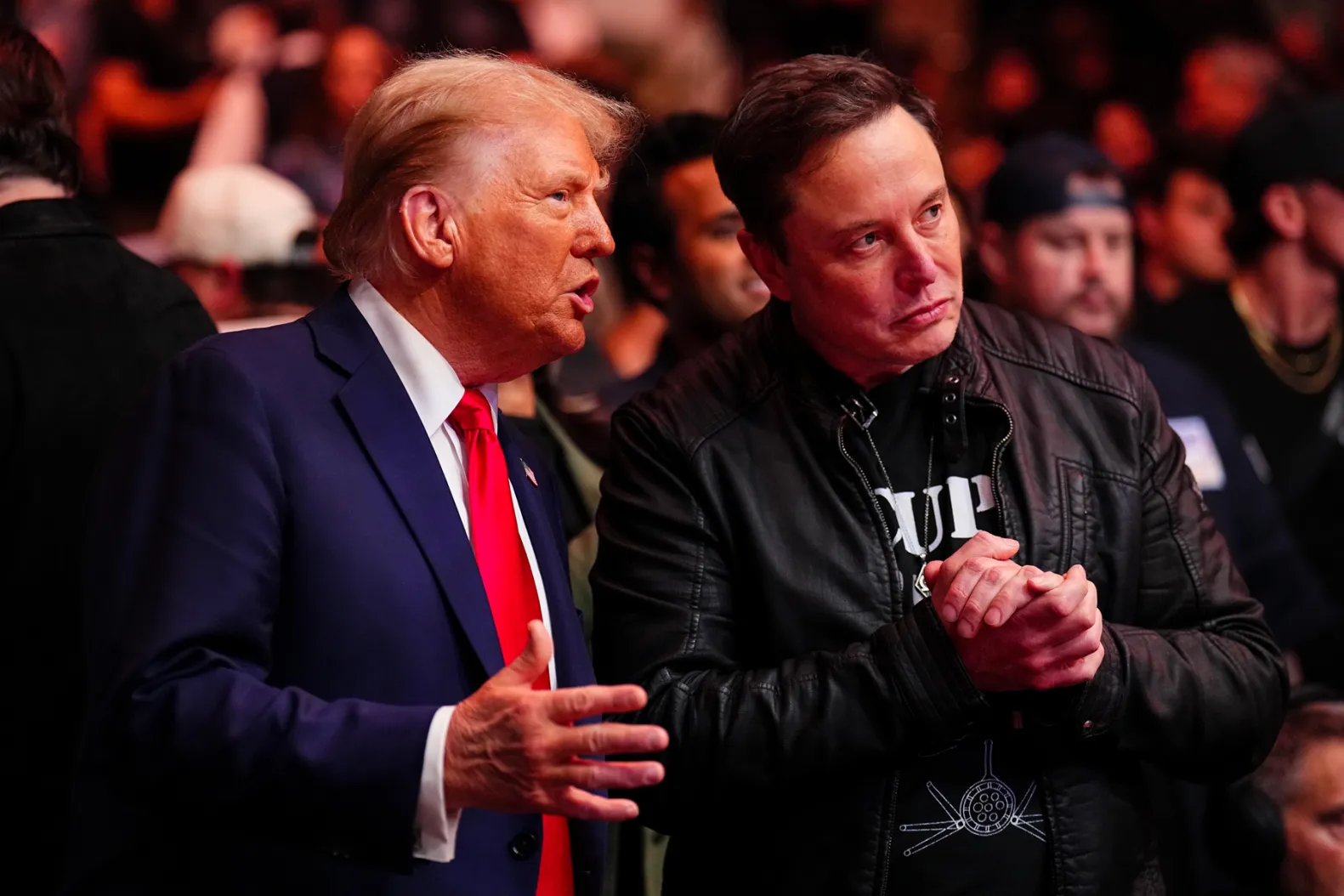Donald Trump won this US presidential election in 2024 and was the second president in US history to return for a nonconsecutive second term, though it was not a consecutive term as in Grover Cleveland’s case, per Archives.gov. It’s a rise to power that was anchored on issues relating to efficiency in government and deregulation of the economy for growth, which have been seen from his first executive action that he had signed into law.
Only some weeks into the administration, President Trump had announced the formation of a new federal agency, DOGE, the Department of Government Efficiency, to be charged with modernizing and streamlining the federal operations. And to head this new organization, the breathtaking appointment is that of the tech mogul Elon Musk, to whom Trump points for his long history of disrupting innovation and the march of technology. A move that has received mixed responses, with some seeing it as a bold leap into modernity and others seeing it as an unparalleled conglomeration of government and private enterprise.
The overall stated mission of DOGE is to make ineffective government projects effective and eliminate pork barrel spending. Among the closing will be the U.S. Agency for International Development—a move that could cut as much as $500 billion in spending over the next decade. The former would clean the government of bureaucratic waste and nonsense, while the latter believe that USAID plays a very important role in America’s international diplomacy, humanitarian aid, and development across the world. The action to abolish it has generated a hot debate in Congress where members of both parties fear its abolishment might reduce foreign aid over a period of time.
The notoriety escalated, and DOGE started getting access like never before into the United States. The Treasury’s federal payment system shuffles more than $6 trillion annually in payments for Social Security, military salaries, and other key government programs. Financial experts and lawmakers aren’t amused, though, citing such a massive concentration of financial authority into a single agency—at the helm of a private-sector figure, no less, à la Musk—presents at least one possible conflict of interest in the misuse of taxpayer money. The most willing critic to date has been Senator Elizabeth Warren, who has said that oversight and accountability must be done now to prevent abuses of power.
Its very creation has unleashed a host of legal and constitutional complications. Critics say the effort to kill USAID by executive order—in other words, without going via Congress—violates the 1974 Impoundment Control Act, limiting the extent to which a President can independently adjust the line appropriation of appropriations. Legal analysts say the question could soon head to court—a further layer of complexity in an administration-wide, far-reaching overhaul. WSJ.
Beyond the legal and political issues, though, lies a partnership between Trump and Musk that is stirring much speculation as to what this really entails in combined corporate influence and federal governance. It is part, analysts say, of the more general push for privatization of government functions and may bring more efficiencies at the cost of accountability and democratic supervision. Musk’s involvement raised sharper questions, however, about whether technology leaders should assume such a visible role in developing national policy.
Despite outrage, Trump supporters hailed DOGE as a bold, necessary measure to further cut government inefficiencies and further innovations. “This is the exact type of thinking we need in Washington—streamlining, cutting waste, and leveraging technology to make government better,” one White House spokesperson said. Opponents say such massive overhauls—especially those executed without exhaustive input from legislatures—set a dangerous precedent on the books for future administrations.
Meanwhile, the Trump administration went on to do its work of hacking away at an already lean government in the name of efficiency. The world is yet to know what DOGE is and continues to produce. Indeed, the political and legal battles in the coming months will sort out whether this is one of those moments of greatest change in the way federal governance is done, or rather it was the story of that unleashed executive, which, in fact, was a fable. One thing is sure—the story cannot end here itself. The future of the US is yet to grow, and who knows? Maybe it will take us to Mars.





